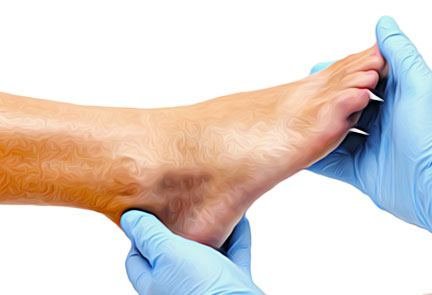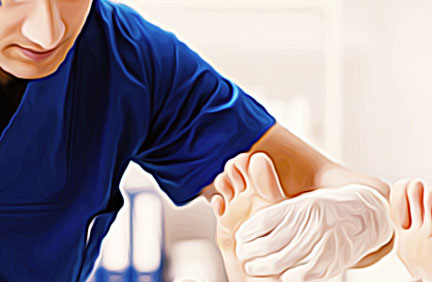 I sat on my hospital bed and deliberated. When I wasn’t on a mission, my lifestyle as a spy had been a glamorous one. I was afforded the very best of the best – of everything. High quality, understated cars, access to the best parties, private flights. I used to have it all. And now I had nothing but a tiny hospital bed that barely fitted my muscular body. I hadn’t had a bed this small since I was a teenager.
I sat on my hospital bed and deliberated. When I wasn’t on a mission, my lifestyle as a spy had been a glamorous one. I was afforded the very best of the best – of everything. High quality, understated cars, access to the best parties, private flights. I used to have it all. And now I had nothing but a tiny hospital bed that barely fitted my muscular body. I hadn’t had a bed this small since I was a teenager.
It was humbling, I’ll tell you that. But the sparse surroundings also gave me time to think. Yesterday I had received the first visit from my foot specialist since I had been diagnosed with toenail fungus. It was from the moon boot, apparently, but the moon boot was necessary in order to heal my foot, so I couldn’t take it off. The foot specialist was the first visitor I had received in weeks, and it was nice to see another human. For many reasons. On a primal level, I needed that interaction. Even as a spy, I had never been alone for this long. Our training never involved isolation.
The second reason was for my escape plan. I watched the foot specialist’s mannerisms carefully; how she took her notes and held her clipboard, where her eyes darted around the room. I watched her talk about the most common foot conditions Cheltenham spies dealt with, and as she talked about my boss I saw her look directly to the centre of the wall across from my bed. There. That was where the hidden camera was. It was camouflaged well, I’ll admit; virtually indistinguishable from the wall, especially in the low light of my room. But by the time the specialist left and walked back out the door to go up the stairs, I had catalogued where I believed every camera in my room to be. To escape, all I had to do was disable them without being discovered, and then make my way up those very same stairs the specialist had just left from. All I needed was a key swipe card.
 Having finished with my hourly assigned walk – which was still largely a hobble – I returned to my squalor of a room. Before my injury, I never had use for the underground spy hospitals, but I had always assumed that an organisation as well funded as ours would be able to afford a decent compound. Sure, we had the best doctors, but the rooms? They certainly did not match. My room was a ten-by-ten square with barely enough space for a bed.
Having finished with my hourly assigned walk – which was still largely a hobble – I returned to my squalor of a room. Before my injury, I never had use for the underground spy hospitals, but I had always assumed that an organisation as well funded as ours would be able to afford a decent compound. Sure, we had the best doctors, but the rooms? They certainly did not match. My room was a ten-by-ten square with barely enough space for a bed.